Text
“A belief can be a condition of life and nonetheless be false.”
- Nietzsche, The Will to Power
19 notes
·
View notes
Text
“I want to taste and glory in each day, and never be afraid to experience pain; and never shut myself up in a numb core of nonfeeling, or stop questioning and criticizing life and take the easy way out. To learn and think: to think and live; to live and learn: this always, with new insight, new understanding, and new love.”
— Sylvia Plath, The Unabridged Journals of Sylvia Plath (via quotespile)
1K notes
·
View notes
Text
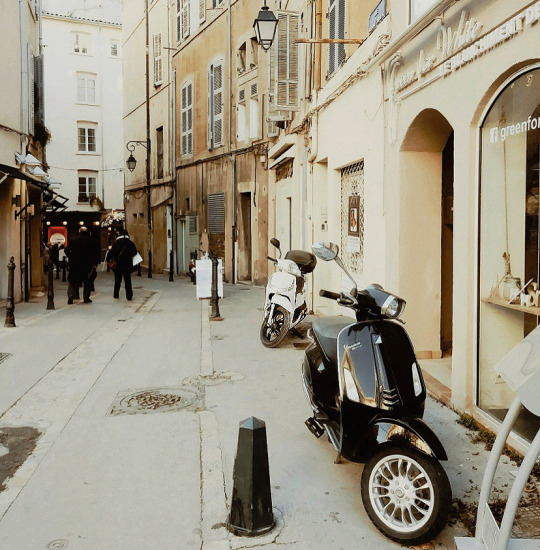
Aix-en-Provence, 2017
#photography#art#france#aix en provence#adventure#travel#stories#vespas#buildings#architecture#explore
2 notes
·
View notes
Photo
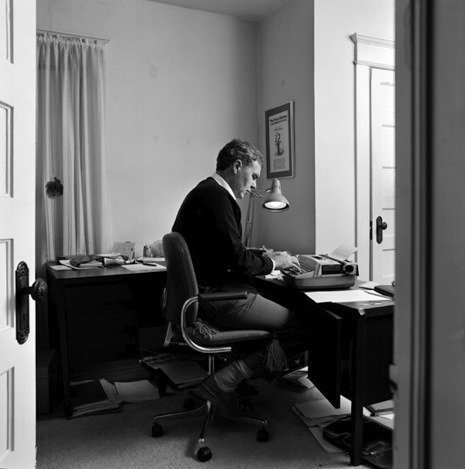
“You’ve got to work with your mistakes until they look intended. Understand?”
Raymond Carver
130 notes
·
View notes
Text

“Bent Over Stupid Till We All Die Anyways” in paperback and Kindle ebook formats @ https://www.amazon.com/dp/B08PSKQNSK
#quotes#stories#writing#art#books#photography#amwriting#poetry#literature#spilled ink#spilled prose#spilled thoughts#adventures#dark aesthetic#bookshelf
1 note
·
View note
Text

‘Giovanni’s Room’ by James Baldwin (published in 1956)
657 notes
·
View notes
Text
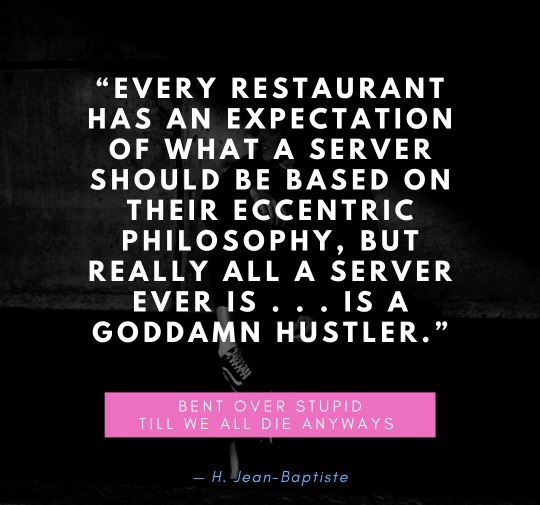
“Bent Over Stupid Till We All Die Anyways” in paperback and Kindle ebook formats @ https://www.amazon.com/dp/B08PSKQNSK
#quotes#stories#writing#amwriting#amwritingfiction#restaurant#server industry#books#literature#writer#writers on tumblr#art#aesthetic#dark aesthetic
0 notes
Text
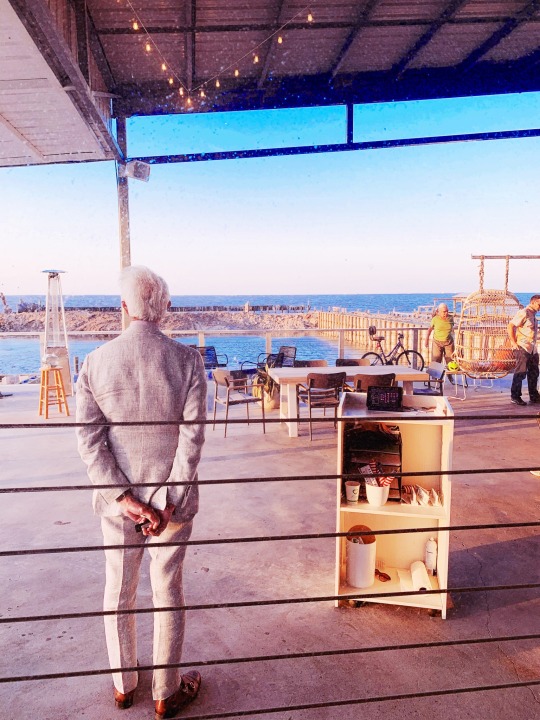
#texas#the old man and the sea#ocean#ocean aesthetic#oceanview#photography#photos#aesthetic#art#vsco#vscocam#vscography#restaurant
3 notes
·
View notes
Photo

John Constable’s Salisbury Cathedral from the Meadows
4 notes
·
View notes
Text
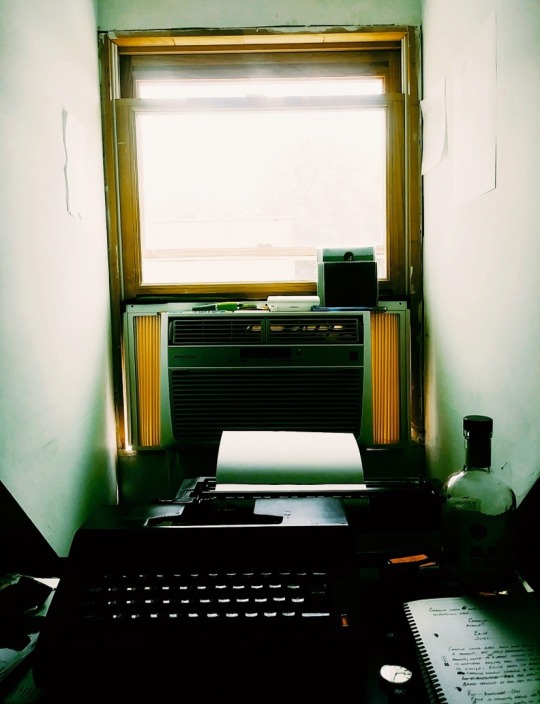
Grant Park, 2017
#writing#stories#amwriting#atlanta#typing#books#whiskey#mac demarco#typewriter#photography#vsco#vscocam
0 notes
Text
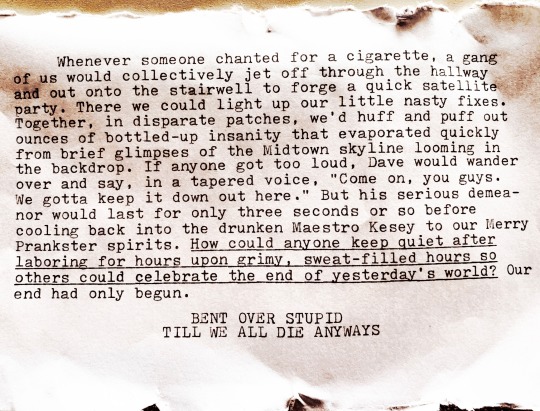
BOSTWADA in paperback and Kindle ebook at https://www.amazon.com/dp/B08PSKQNSK
#quotes#stories#writing#amwriting#books#fiction#short stories#ken kesey#beat#spilled ink#spilled prose#photography#atlanta#literature#literary#poetry
0 notes
Text
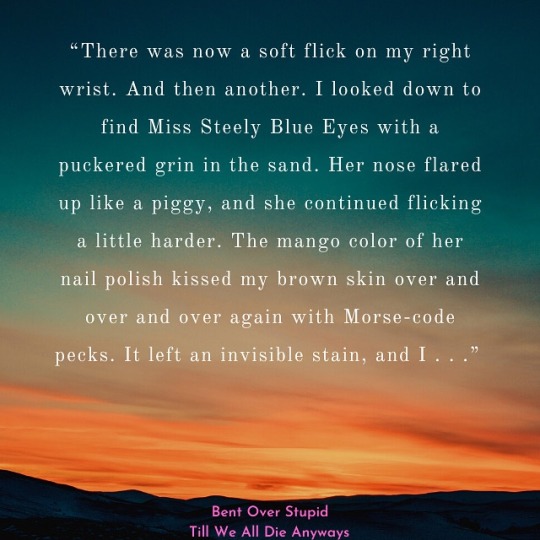
Excerpt from “Mont Roy-al,” out of the collection “Bent Over Stupid Till We All Die Anyways.”
Link: https://www.amazon.com/dp/B08PSKQNSK
#quotes#stories#writing#amwriting#books#fiction#short story#short stories#montreal#spilled ink#spilled thoughts#spilled emotions#aesthetic#literature
0 notes




